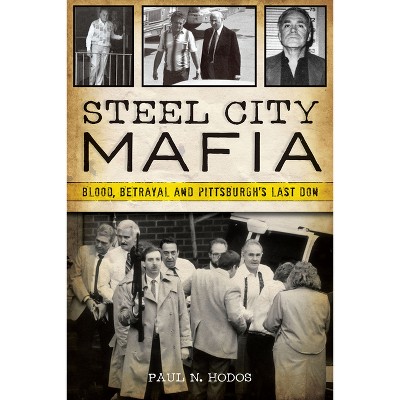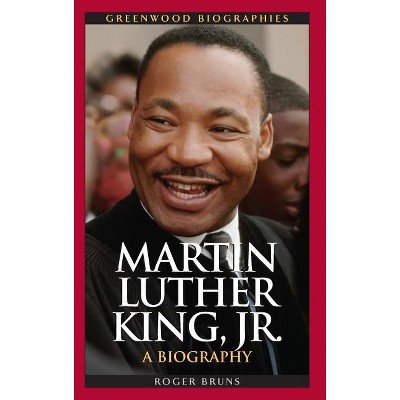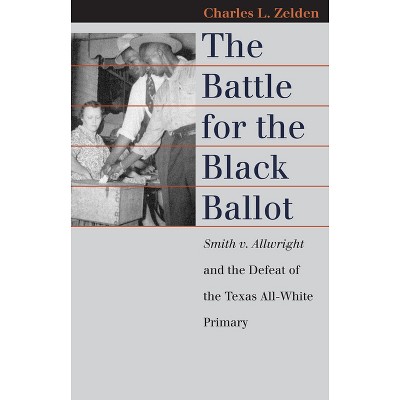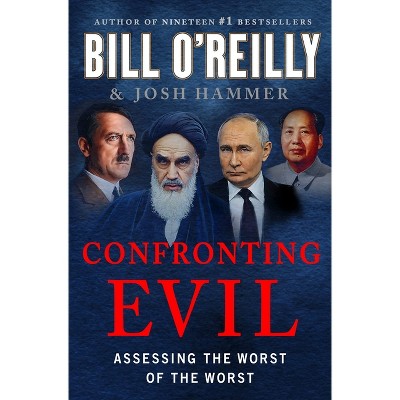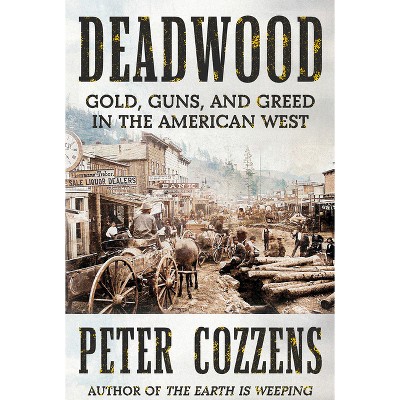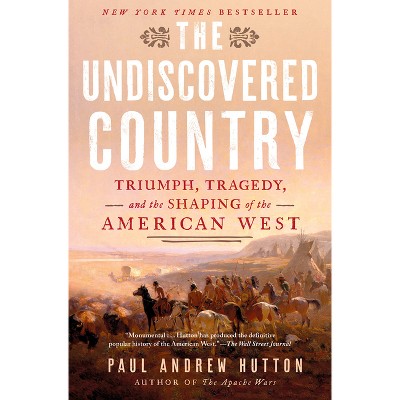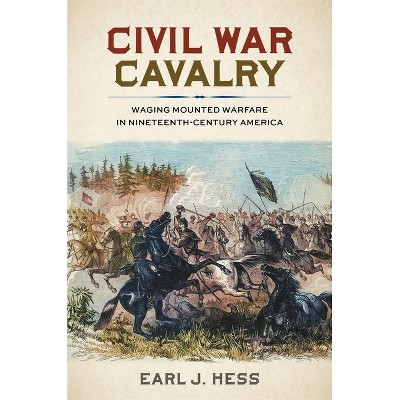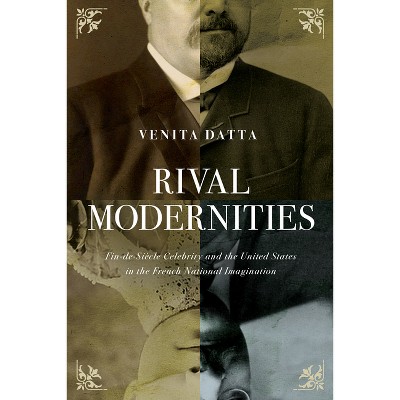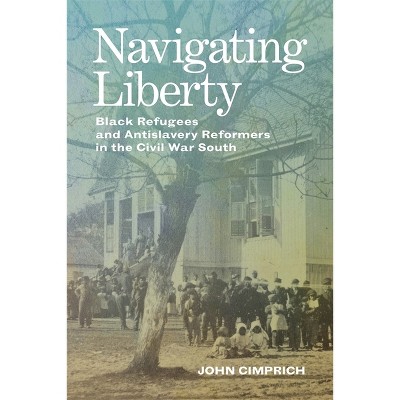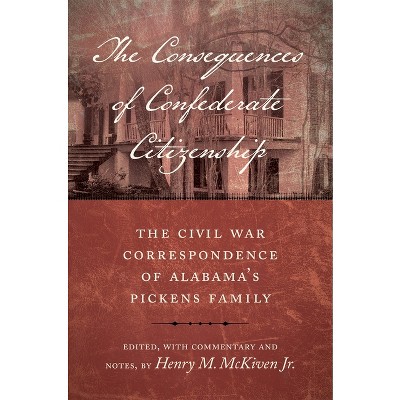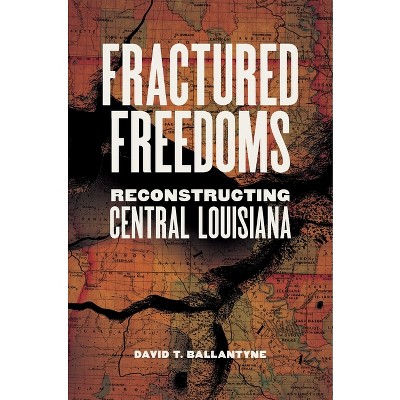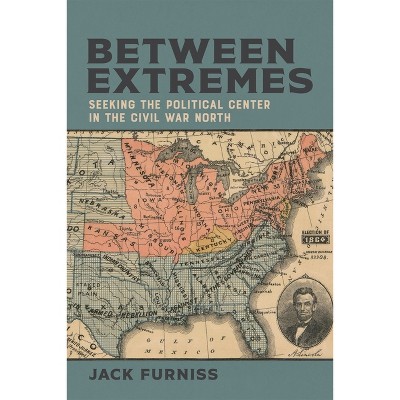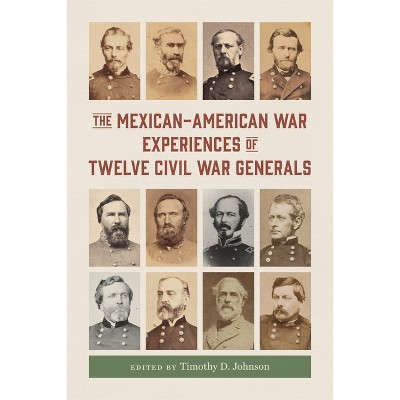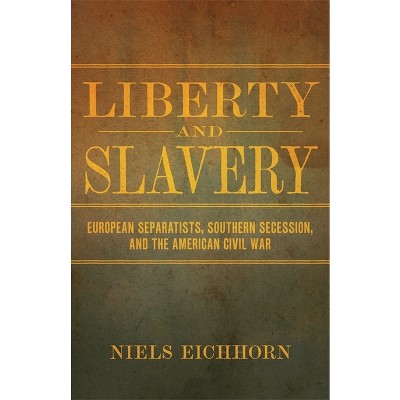Sponsored

A Wonderful Career in Crime - (Conflicting Worlds: New Dimensions of the American Civil War) by Frank W Garmon Jr (Hardcover)
In Stock
Sponsored
About this item
Highlights
- Charles Cowlam's career as a convict, spy, detective, congressional candidate, adventurer, and con artist spanned the Civil War, Reconstruction, and Gilded Age.
- About the Author: Frank W. Garmon Jr. is assistant professor of American studies at Christopher Newport University.
- 242 Pages
- True Crime, Con Artists, Hoaxes & Deceptions
- Series Name: Conflicting Worlds: New Dimensions of the American Civil War
Description
About the Book
"Frank Garmon's A Wonderful Career in Crime explores the life and times of Charles Cowlam, a convict, spy, detective, congressional candidate, adventurer, and con artist whose exploits spanned the Civil War, Reconstruction, and Gilded Age. His life touched many of the most important figures of the era, including Abraham Lincoln, Jefferson Davis, Ulysses S. Grant, and Benjamin F. Butler. Overlooked until now due to his elusive nature, Cowlam led a mesmerizing and colorful life on the margins of society, where his identity constantly shifted. One newspaper reported that "he has as many aliases as there are letters in the alphabet." Cowlam was a chameleon in a world of strangers. Garmon suggests that his intrigues reveal how Americans built trust amidst the transience and anonymity of the nineteenth century. Where historians of capitalism have uncovered the vulnerabilities of an economic system built on trust and personal relationships, Cowlam's life exposes the liabilities of a political system built on the same foundations. Rather than perpetrating frauds against unsuspecting passersby, Cowlam reserved his most fabulous schemes for the highest levels of the federal government. He received presidential pardons from Abraham Lincoln and Jefferson Davis, convinced Ulysses S. Grant to appoint him U.S. marshal, and conned his way into serving as a detective on the Lincoln assassination investigation. Garmon's fascinating microhistory brings the vast array of Cowlam's machinations to light for the first time"--Book Synopsis
Charles Cowlam's career as a convict, spy, detective, congressional candidate, adventurer, and con artist spanned the Civil War, Reconstruction, and Gilded Age. His life touched many of the most prominent figures of the era, including Abraham Lincoln, Jefferson Davis, and Ulysses S. Grant. One contemporary newspaper reported that Cowlam "has as many aliases as there are letters in the alphabet." He was a chameleon in a world of strangers, and scholars have overlooked him due to his elusive nature. His intrigues reveal how Americans built trust amid the transience and anonymity of the nineteenth century. The stories Cowlam told allowed him to blend in to new surroundings, where he quickly cultivated the connections needed to extract patronage from influential members of American society.
Whereas historians of capitalism have uncovered the vulnerabilities of an economic system dependent upon trust and personal relationships, Cowlam's life exposes the liabilities of a political system constructed on the same foundations. Rather than perpetrating frauds against average citizens, Cowlam reserved his most fantastic schemes for officials in the highest levels of government. He is the only person to receive presidential pardons from both Abraham Lincoln and Jefferson Davis during the Civil War. When the fighting ended, he conned his way into serving as a detective investigating Lincoln's assassination, later parlaying that experience into positions with the Internal Revenue Service and the British government. Reconstruction offered additional opportunities for Cowlam to repackage his identity. He convinced Ulysses S. Grant to appoint him U.S. marshal and persuaded Republicans in Florida to allow him to run for Congress. After losing the election, Cowlam moved to New York, where he became a serial bigamist and started a fake secret society inspired by the burgeoning Granger movement. When the newspapers exposed his lies, he disappeared and spent the next decade living under an assumed name. He resurfaced in Dayton, Ohio, claiming to be a Union colonel suffering from dementia in an effort to gain admittance into the National Soldiers' Home. In A Wonderful Career in Crime, Frank W. Garmon Jr. brings Cowlam's stunning machinations to light for the first time.Review Quotes
"A Wonderful Career in Crime is a deeply researched and illuminating account of a quintessential nineteenth-century American flimflam artist, whose myriad scams brought him into contact with many of the century's major historical figures and developments."--Elizabeth D. Leonard, author of Benjamin Franklin Butler: A Noisy, Fearless Life
"Amid the giants of the age, we need to remember that a host of peripheral people left their own, often dubious mark on events. The career of Charles Cowlam makes for almost unbelievable reading. Liar, fantasist, con man, jailbird, tale-teller, Cowlam and his story throw a different and lurid light on the eras of the Civil War and Reconstruction. Kudos to Frank W. Garmon Jr. for tracing Cowlam's trail and dragging him into public view!"--Mark Wahlgren Summers, author of The Ordeal of the Reunion: A New History of Reconstruction
"Colorful rogues were not limited to Victorian fiction in the 1800s. Real-life characters such as Loreta Velasquez, Charles Dunham, Sanford Conover, and more gained fame--and infamy--for their deceptions and illegal acts. No one was more bold than Charles Cowlam, whose poses and deceits invite fictionalization, but they were all true. Garmon's A Wonderful Career in Crime reveals Cowlam with impressive research and a deft hand at seeing through a lifelong criminal."--William C. Davis, author of Inventing Loreta Velasquez: Confederate Soldier Impersonator, Media Celebrity, and Con Artist
"This engaging book recovers the remarkable life of a talented nineteenth-century grifter. Charles Cowlam won pardons from Abraham Lincoln and Jefferson Davis, claimed both Union and Confederate military service, and ingratiated himself with a range of politicians, bureaucrats, and business leaders. His exploits not only entertain but also offer insight on the era's economic and political structures and practices."--Gary W. Gallagher, author of The Union War
About the Author
Frank W. Garmon Jr. is assistant professor of American studies at Christopher Newport University.
